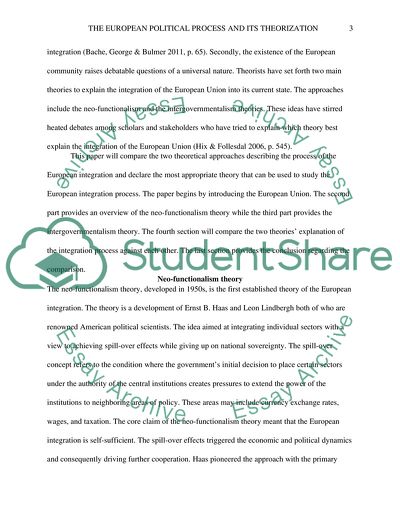Cite this document
(The European Political Process and Its Theorization Term Paper, n.d.)
The European Political Process and Its Theorization Term Paper. Retrieved from https://studentshare.org/politics/1875643-which-of-the-two-main-theoretical-approaches-neo-functionalism-or-intergovernmentalism-is-more-appropriate-for-studying-european-integration-process
The European Political Process and Its Theorization Term Paper. Retrieved from https://studentshare.org/politics/1875643-which-of-the-two-main-theoretical-approaches-neo-functionalism-or-intergovernmentalism-is-more-appropriate-for-studying-european-integration-process
(The European Political Process and Its Theorization Term Paper)
The European Political Process and Its Theorization Term Paper. https://studentshare.org/politics/1875643-which-of-the-two-main-theoretical-approaches-neo-functionalism-or-intergovernmentalism-is-more-appropriate-for-studying-european-integration-process.
The European Political Process and Its Theorization Term Paper. https://studentshare.org/politics/1875643-which-of-the-two-main-theoretical-approaches-neo-functionalism-or-intergovernmentalism-is-more-appropriate-for-studying-european-integration-process.
“The European Political Process and Its Theorization Term Paper”. https://studentshare.org/politics/1875643-which-of-the-two-main-theoretical-approaches-neo-functionalism-or-intergovernmentalism-is-more-appropriate-for-studying-european-integration-process.


